


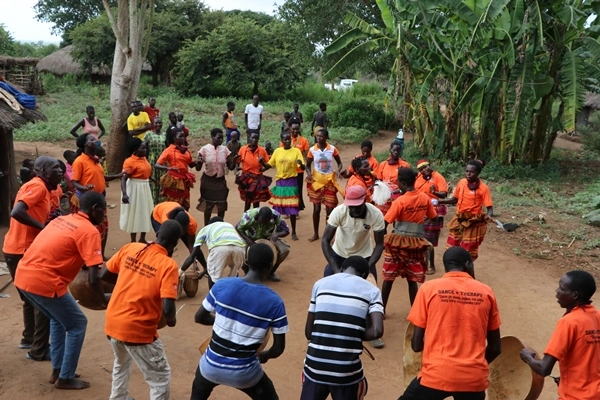
The THRIVE Gulu Trauma Recovery Center was established in Layibi Techo Division, Gulu City in 2013 on a large piece of land owned by THRIVE Gulu. This facility provides a safe gathering space for survivors of all ages – women and men, boys and girls – to share their stories and needs, recover from mental health trauma, and reclaim their lives in post-conflict northern Uganda.
We are proud of our identity as a women’s led and a Youth Serving organization. Our youth programming increased greatly over the past few years. We now support youth economic empowerment and income-generating activities, youth literacy, youth school re-enrollment, and mental health.
Our signature “two pillar” model: Mental Health & Psychosocial Support (MHPSS) and Individual & Community Empowerment. This model ensures that all our beneficiaries benefit from a holistic program of MHPSS services, including counseling, community sensitization and psychoeducation, in addition to empowerment services, such as Village Savings and Loan Associations, adult literacy, and GBV prevention and response.
We are currently operating in the Districts of; Gulu, Omoro, Lamwo (Palabek Settlement, Ogili & Nyimur subcounties, Nwoya and Amuru districts and Layibi-Bardege division in Gulu City in northern Uganda.
Gulu, Gulu City,Omoro, Amuru, Nwoya and Lamwo serving post conflict survivors in Northern Uganda and South Sudanese Refugees in Palabek Lamwo district.
THRIVEGulu we believe that meaningful existence is more than mere survival and that the invisible wounds of psychological trauma deserve healing.
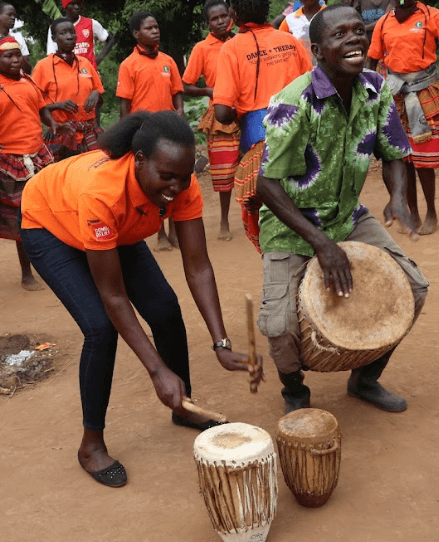
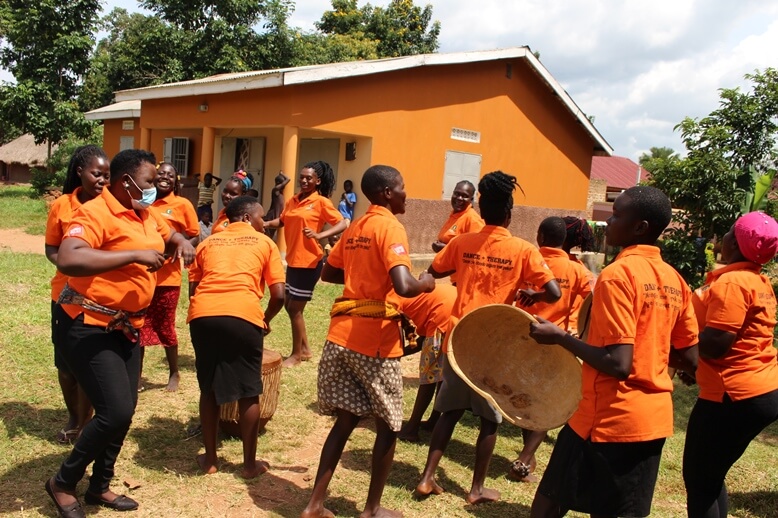
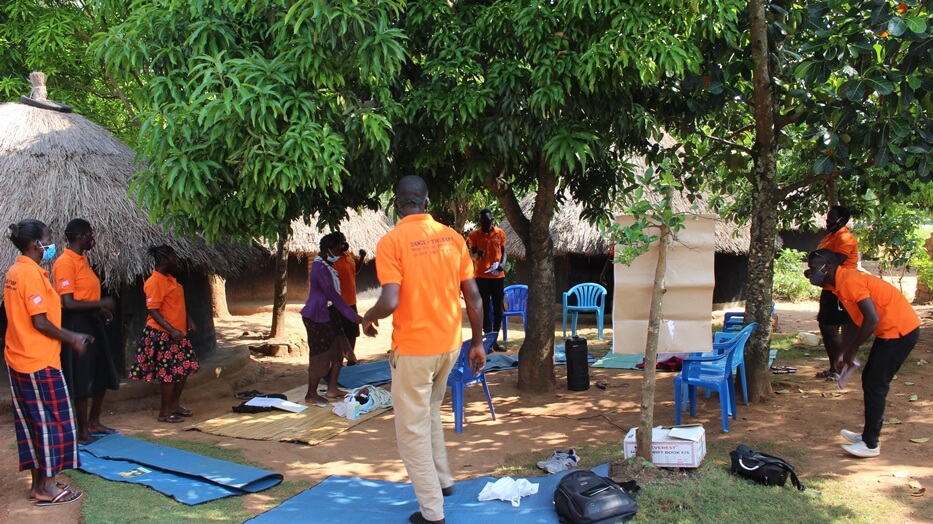

We need to document key lessons learnt during the formation of Dance+Therapy youth groups so that we can apply the appropriate strategy to ensure intentional inclusion of all youths in the program roll out in new areas.
We need to know whether youth participants who participated in the first Dance+Therapy classes experienced measurable reduction in depression, anxiety, PTSD and suicidal thoughts so that we can identify strategies to modify the program to enhance its effectiveness.

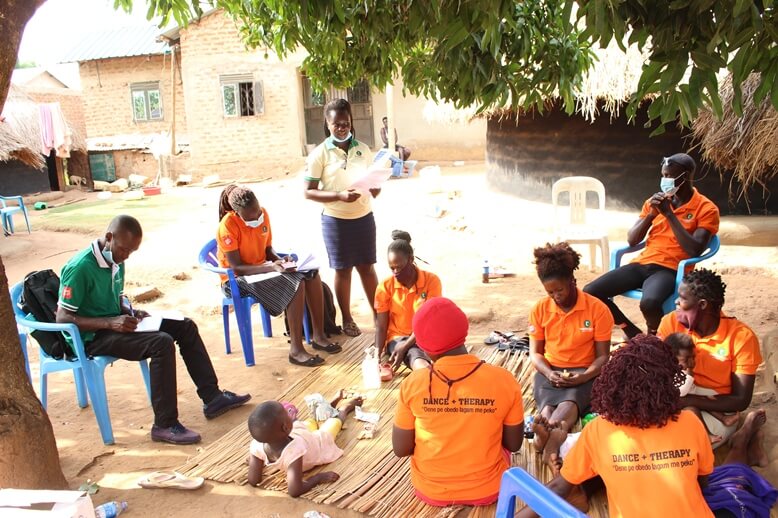
The D+T program targets youth groups. MHPSS assessment to screen persons showing symptoms of depression, anxiety, post-traumatic stress disorders and suicidal thoughts using the global standardized tools. The group is then formed and start to meet weekly in the Dance + Therapy sessions led by the Dance +Therapy leaders identified and trained from the community. The D+T curriculum is 12 weeks developed from the 10-week Group Counseling methodology utilized by the Center for Victims of Torture, which is itself based on Judith Herman’s three stages of trauma recovery; Safety and Stabilization, Remembrance and Mourning, Reconnection and Integration. The curriculum is also built on the 5 core competencies of Social Emotional Learning (SEL); Self-awareness, Responsible decision making, Relationship skills, Social Awareness and Self-Management. The SEL is often used in schools but these competencies are very crucial to our young persons.
Contacting group leaders to mobilize members, provide psychoeducation, conduct screening and picking of those with severe symptoms & pre assessment of the group members.
Mobilization of members, Following up clients, Encouraging the members to stay together, Providing basic counseling to group members and other community members, Committing time and offering leadership to the program and facilitating group sessions, Setting of rules and regulations with the group members to guide the group
The project directly reached 11 Youth Group in Omoro district and Gulu City. The members constitute 149 (24 males, 125 females: 8 persons with disabilities).
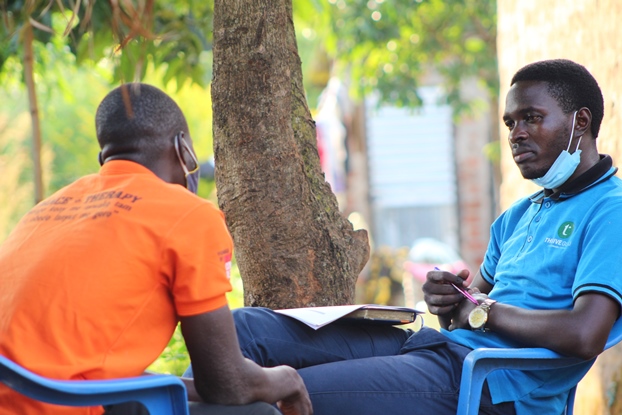
Results of the project show that 94% of the youths were depressed at pre-assessment.
After 12 weeks of Dance+Therapy intervention, post-assessment showed that 87% have fully recovered. The 13% continue to receive support from THRIVEGulu professional counsellors.
Results of the project show that 81% of the youths presented with trauma at pre-assessment. After 12 weeks of Dance+Therapy intervention, post-assessment showed that 99% have fully recovered. The 1% continue to receive support from THRIVEGulu professional counsellors.
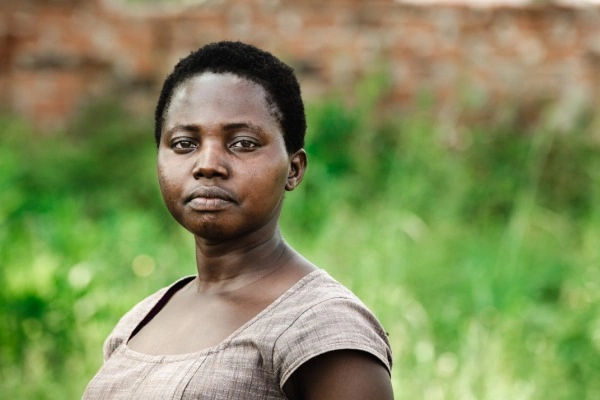
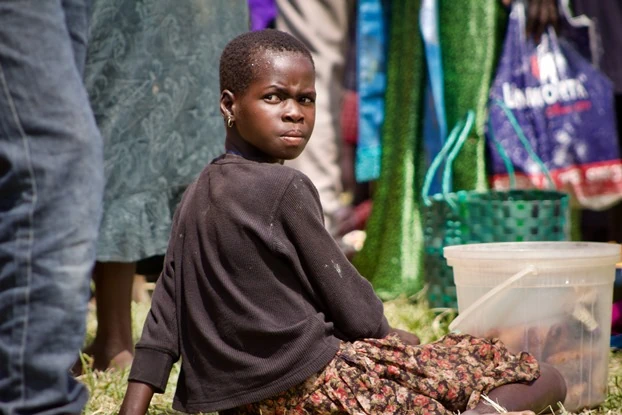
Results of the project show that 95% of the youth presented with signs and symptoms of anxiety at pre-assessment.After 12 weeks of Dance+Therapy intervention, post-assessment showed that 86% have fully recovered. The 14% continue to receive support from THRIVEGulu professional counsellors.
Results of the project show that 6 youth participants presented with suicidal thought at pre-assessment. After 12 weeks of Dance+Therapy intervention, post-assessment showed that 100% have fully recovered with no suicidal tendency.
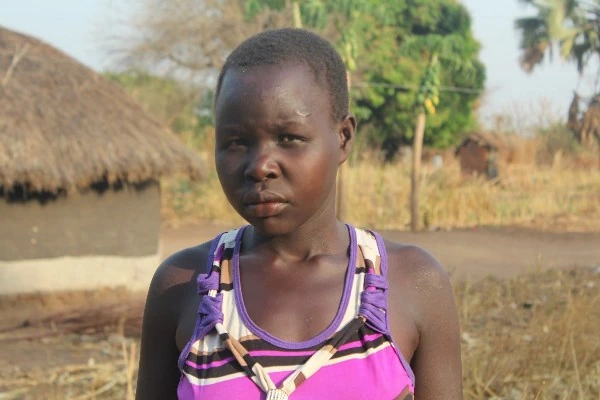
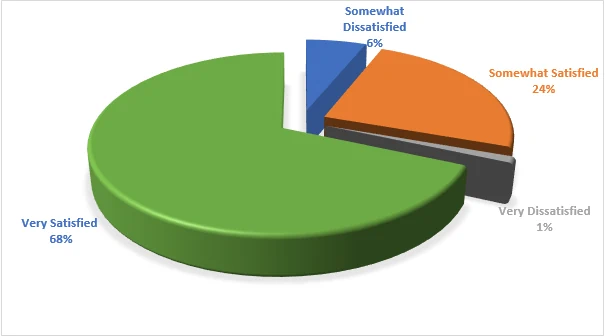
Overall, the client’s level of satisfaction was measured against six variables: ease of access to sessions, staff relationship, confidentiality, appropriateness and relevance, length of support, and location of the sessions.
Overall results show that 92% of the Dance+Therapy participants feel well pleased with the services they received from THRIVEGulu through the Dance+Therapy program.

THRIVEGulu empowers survivors of violence in post-conflict northern Uganda to reclaim their dignity and heal the invisible wounds of psychological trauma through integrated, holistic services which address mental health, financial self-reliance, and multigenerational literacy.
Special Links
Subscribe to Our Newsletter
Need Counseling help? See how we can help
For Emergencies Call
+256 393 252 849
Or
(216) 303-2702